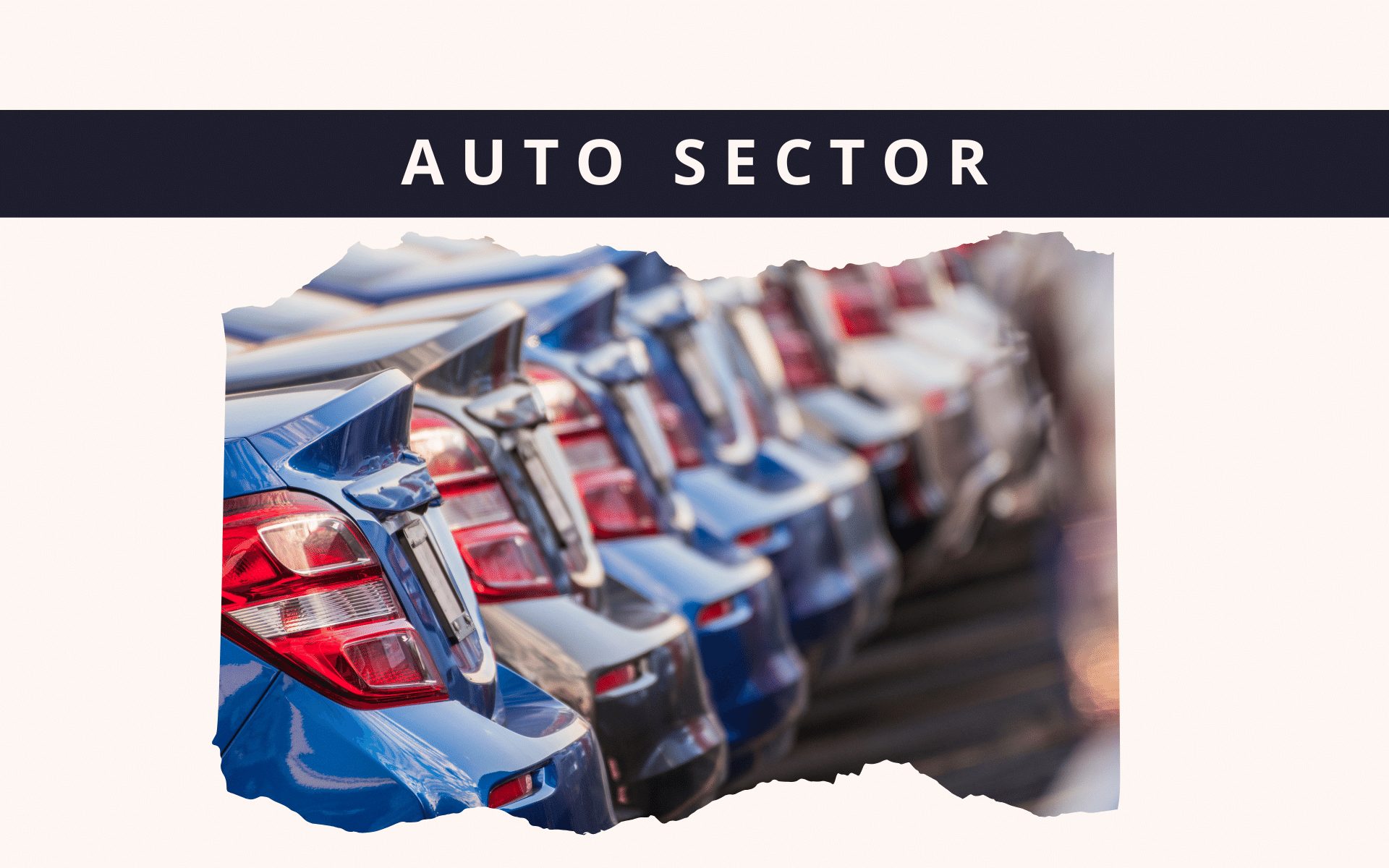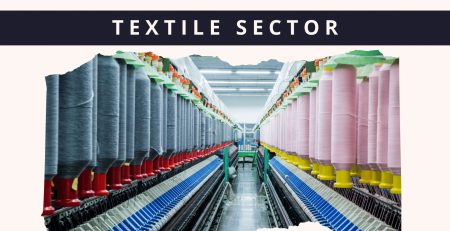Federal Budget FY25: Impact on the auto sector
Changes in taxes and duties for hybrid and luxury EVs
The Federal Budget FY25 has introduced significant changes for the auto sector, particularly for hybrid electric vehicles (HEVs) and luxury electric vehicles (EVs).
Impact on hybrid and luxury EVs
The government has decided to remove the concessionary duties on imported hybrids and luxury EVs valued above $50,000, subjecting them to a 25% tax. Additionally, the Finance Bill proposes increasing the GST on local hybrids from 8.5% to 25%, aligning it with the GST on petroleum cars.
📢 Announcement: You can now access our services and similar analyses by opening an account with us via JS Global

While this move could benefit local HEV assemblers by discouraging imports, the increased GST could lead to a rise in ex-factory prices, potentially reducing demand. However, Finance Minister Mr. Aurangzeb announced in a recent speech that the reduced sales tax rates on HEVs would remain at 8.5%.
Rise in imported cars
The removal of regulatory duty on cars below 1,800cc in April 2023 led to a significant influx of used imported cars, with a 3.7 times year-over-year increase in the first eleven months of FY24. Hybrid variants of these vehicles also enjoyed a 50% concession on mandatory taxes and duties.
New mandatory duties and taxes on imported hybrids
| Engine Capacity (cc) | Current Duty and Taxes (USD) | Proposed Duty and Taxes (USD) |
|---|---|---|
| Up to 800cc | 2,400 | 4,800 |
| 801 to 1000cc | 3,000 | 6,000 |
| 1001 to 1300cc | 6,600 | 13,200 |
| 1301 to 1500cc | 9,295 | 18,590 |
| 1501 to 1600cc | 11,275 | 22,550 |
| 1601 to 1800cc | 13,970 | 27,940 |
Advance tax is now based on car value
Another major proposal in the Finance Bill is to shift the basis of the advance tax from engine capacity to the car’s value, starting from FY25.
New advance tax regime
| Engine Capacity (cc) | Current WHT (Rs) | Proposed WHT (%) |
|---|---|---|
| Up to 800cc | 10,000 | 0.5% of value |
| 851 to 1000cc | 20,000 | 1% of value |
| 1001 to 1300cc | 25,000 | 1.5% of value |
| 1301 to 1600cc | 50,000 | 2% of value |
| 1601 to 1800cc | 150,000 | 3% of value |
| 1801 to 2000cc | 200,000 | 5% of value |
| 2001 to 2500cc | 6% of value | 7% of value |
| 2501 to 3000cc | 8% of value | 9% of value |
| Above 3000cc | 10% of value | 12% of value |
📢 Announcement: We're on WhatsApp – Join Us There!
This measure aims to standardize the advanced tax regime and prevent auto assemblers from favoring lower cc turbocharged engines.
Impact on vehicle prices due to advance tax changes
| Model | Engine Capacity (cc) | Current Ex-showroom Price (Rs) | Expected Ex-showroom Price (Rs) |
|---|---|---|---|
| Alto VXL AGS | Up to 850cc | 3,055,000 | 3,060,225 |
| Cultus Automatic | 851 to 1000cc | 4,566,000 | 4,591,460 |
| Swift GLX CVT | 1001 to 1300cc | 4,744,000 | 4,789,785 |
| Yaris GLI MT 1.3 | 1301 to 1600cc | 4,529,000 | 4,568,580 |
| Haval H6 HEV | 1301 to 1600cc | 11,916,500 | 12,103,830 |
| Civic Oriel | 1301 to 1600cc | 8,709,000 | 8,832,180 |
| Corolla Altis X CVT-i | 1601 to 1800cc | 7,699,000 | 7,775,470 |
| Sportage AWD | 1801 to 2000cc | 8,670,000 | 8,893,500 |
| Sonata 2.5 | 2001 to 2500cc | 11,587,900 | 11,695,100 |
| Fortuner GR-S | 2501 to 3000cc | 21,492,120 | 21,689,910 |
| Sorento 3.5 FWD | 3000cc and above | 10,450,100 | 10,638,880 |
Overall impact of the budget on the auto sector
The budget appears to be a mixed bag for the auto sector. It provides some benefits for HEV assemblers but also increases prices across the board due to higher taxes. The long-term profitability of the sector will likely depend on a stable PKR/USD exchange rate and lower interest rates, which are crucial for higher auto financing and improved consumer purchasing power.
Disclaimer:
The information in this article is based on research by S Research. All efforts have been made to ensure the data represented in this article is as per the research report. This report should not be considered investment advice. Readers are encouraged to consult a qualified financial advisor before making any investment decisions.
⚠️ This post reflects the author’s personal opinion and is for informational purposes only. It does not constitute financial advice. Investing involves risk and should be done independently. Read full disclaimer →










Leave a Reply